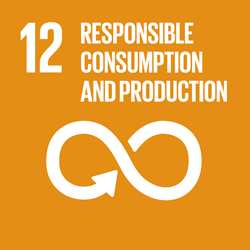Technological watch
Chemical Treatment of Bio-Derived Industrial Waste Filled Recycled Low-Density Polyethylene: A Comparative Evaluation
The search for renewable alternatives for petroleum products that can be used in industrial applications is increasing. Each year, several tons of bio-derived industrial waste is produced and most of it is burned or placed in landfills. Olive pits (OP) have unique characteristics such as abundance, renewability, and biodegradability, which can be utilized to develop new types of biocomposites. One of the most promising uses of OP is that they can reinforce the mechanical properties of polymeric biocomposites. This study describes the preparation of recycled low-density polyethylene (rLDPE) that is filled with OP flour (10, 20, 30, and 40 wt.%) using a twin-screw extruder. The effects of the chemical treatment of the OP surface (sodium hydroxide (NaOH) and dimethyl sulfoxide (DMSO)) on the bio-filler/polymer compatibility along with the produced composite’s chemical, physical, mechanical, and thermal properties have been explored. Overall, the reinforced composites that were obtained with alkali-treated OP have better biocomposite properties. This indicates an improved compatibility between the bio-filler and matrix. The results are promising in terms of using OP flour in developing green composites.
Publication date: 11/08/2021
Author: Ishaq Sider
Reference: doi: 10.3390/polym13162682







